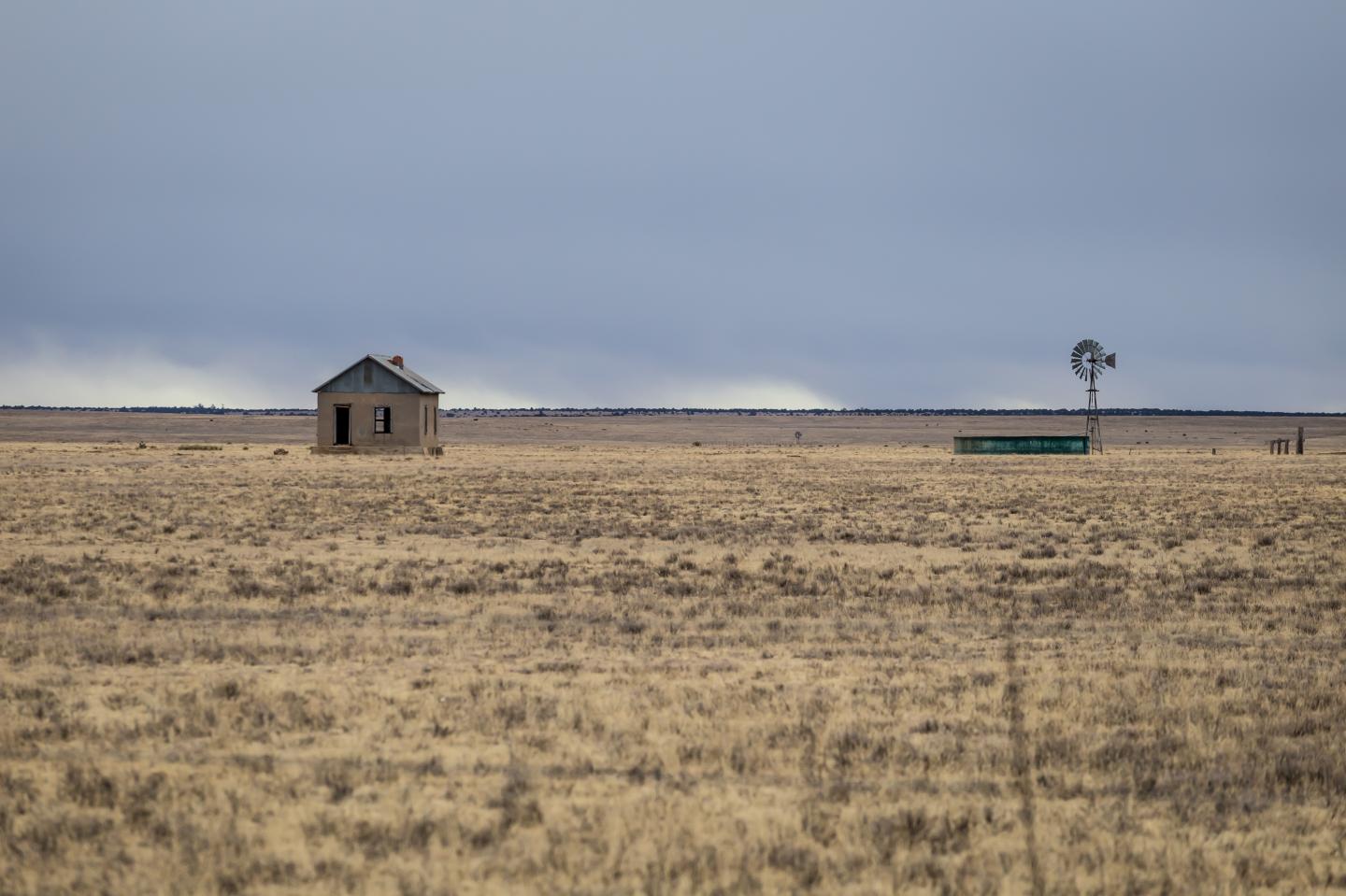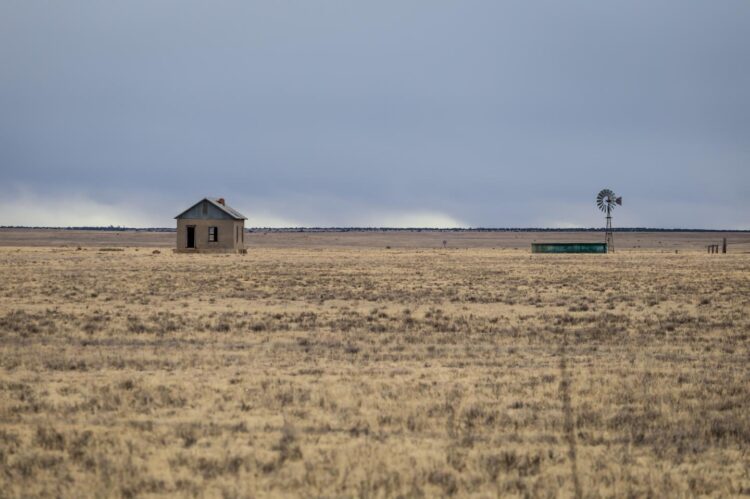New research on the microbiome of grass shows that the future lies with healthy bacteria

Credit: Richard Wellenberger/iStock/Getty Images Plus
AMHERST, Mass. – Researchers at the University of Massachusetts Amherst recently discovered that the ability of agricultural grasses to withstand drought is directly related to the health of the microbial community living on their stems, leaves and seeds.
“Microbes do an enormous amount for the grasses that drive the world’s agriculture,” says Emily Bechtold, a graduate student in UMass Amherst’s microbiology department and lead author of the paper recently published in Applied and Environmental Microbiology. “They protect from pathogens, provide the grass with nutrients such as nitrogen, supply hormones to bolster the plant’s health and growth, protect from UV radiation and help the grass manage drought.” Yet, the increased severity and longevity of climate-change-driven drought conditions across the world is sapping the ability of the microbiome to thrive.
Since 60% of all agriculture is grass-related – think of the cows, sheep and other grass-munching livestock that provide meat, milk, cheese, leather, wool and other staples – the bacteria living on grass touches every aspect of our lives, from what we eat for breakfast to food security, economics and international development.
The new research, which is the first of its kind, focuses on two different types of grasses: those that make up the majority of grasslands in temperate zones and those that predominate in tropical regions. “The goal of this research,” says Klaus Nüsslein, professor of microbiology at UMass Amherst, and the paper’s senior author, “is to be able to manage the interactions between plants and the bacteria they host in order to support a truly sustainable agriculture.” Until now, however, it was largely unknown how grass and its microbiome supported one another, and what effects drought might have on the bacterial communities.
The researchers, whose work was supported by the Lotta M. Crabtree Foundation and the National Science Foundation, grew their temperate and tropical grasses in two different greenhouses. Each greenhouse’s climate was controlled to mimic natural climactic conditions. Once the grasses reached maturity, the researchers further divided each group into three sub-groups. The first, the control group, maintained optimum climactic conditions. A second sub-group had its climate altered to mimic mild drought conditions, while the third was subjected to severe drought conditions. Over the course of a month, the researchers counted, gathered, and sequenced the DNA of the bacteria across all the groups of grasses and compared the results.
What they found was that when the bacteria showed signs of drought-induced stress, so did the plants. As expected, the tropical grasses were better able to withstand drought than the temperate grasses, but there were significant shifts in the microbiomes of all the grasses under severe drought conditions. Not only were there fewer total bacteria, but the microbial communities became less diverse, and so less resilient to environmental stress. In some cases, there was an increase in the count of bacteria that can prove harmful to grass.
However, there is hope. A few potentially beneficial bacteria were shown to thrive under mild drought conditions. More research needs to be done, but, says Bechtold, their research indicates that plans to actively support and biofertilize with these beneficial bacteria could be the key to weathering the drought conditions that will only become more widespread in the era of global warming.
###
Contacts:
Klaus Nüsslein, [email protected]
Daegan Miller, [email protected]
Media Contact
Daegan Miller
[email protected]
Original Source
http://www.
Related Journal Article
http://dx.





